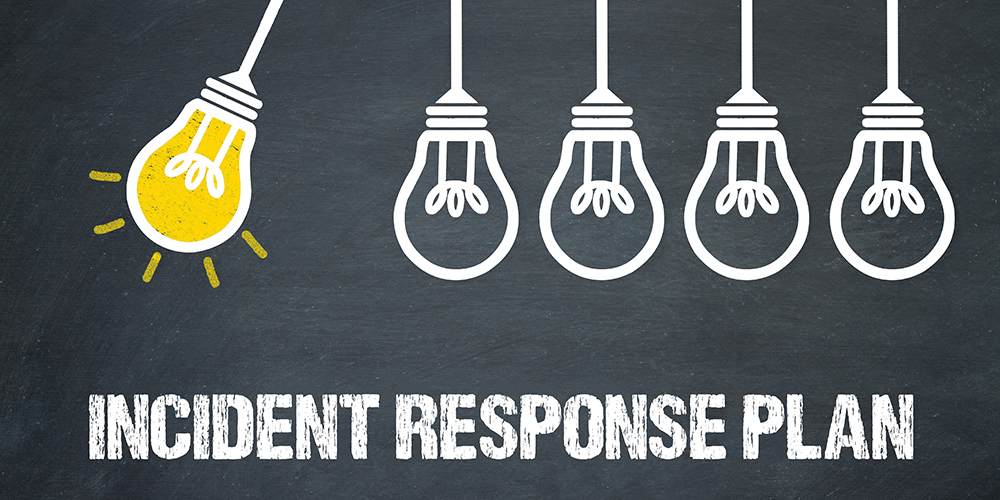
Sep 12, 2022 | SMB Technology, SMB Technology, SMB Technology, SMB Technology, Technology News
Much as your business will practice its plan for getting out of the building in case of fire, it also needs to practice its response to a cyber attack. Your response ideally will be nearly automatic, and the way to make it so is to practice repeatedly. Read on to learn more about an incident response plan (IRP) and practicing the response to a cyber attack. The Importance of an Incident Response Plan An Incident Response Plan (IRP) shares a close connection to a Disaster Recovery Plan, in that it outlines a company’s response to a cyber attack that results in a data breach. An effective plan is a “combination of people, process and technology that is documented, tested and trained toward in the event of a security breach.” The primary goals of the IRP are to mitigate damage (to data, network, revenue and reputation) and to get your business back up and running as soon as possible. For this to happen, every worker needs to know their role and responsibilities, including the first thing to do if a data breach occurs. For example, a worker gets a suspicious email that might be a “phishing” attempt. Do they know who to report it to, and also not to click on suspicious links? Depending on the size of your company, you may have an in-house team, or the response may be distributed among more than one team, each in a different location. No matter which approach you use, your IRP will document how you plan to handle an emergency. Practicing Your Plan Documenting what your company...

Sep 7, 2022 | SMB Technology, SMB Technology, SMB Technology, SMB Technology, Technology News
There’s been a lot of hype about 5G, the next generation of cellular technology. It will build on 4G and LTE, offering faster mobile broadband speeds, extremely reliable low-latency connections, and enabling machine-to-machine connections like never before. As wonderful as this new technology is, it is a work in progress, and requires consideration before adopting. Read on to learn more about the promise and progress of 5G cellular technology. Business Benefits of 5G Technology While 5G will provide more streamlined and enjoyable experiences of non-business computing, the benefits to businesses of all sizes are even more exciting. The key questions about cellular coverage have always been about coverage, capacity and bandwidth. Is there a strong signal between the device and the cell tower? Can that tower handle traffic from multiple users at all times? Will data transfer be fast enough for requested services? The new generation of cellular technology aims to answer these questions. Data that might have been lost due to latency will be easily captured, allowing sharper decision-making in real time. The higher broadband speeds (1-2 gigabytes-per-second downloads) will accommodate more traffic and facilitate uninterrupted communication. Companies can convert from a local cable/DSL internet connection to one powered by 5G. The technology will promote automation, leading to smart cities, wearable healthcare telemetry, and real-time management. Progress Catching up to Hype While this technology has wonderful potential, much still needs to be done. Since 2019, though, 5G has caught on with cellular technology, with some carriers providing 5G to their customers. Instead of larger cells that were a hallmark of previous generations of technology,...




